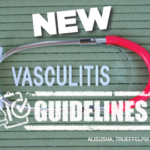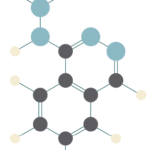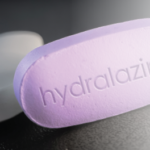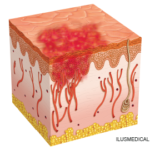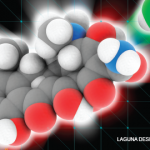A phase 3 trial described in The New England Journal of Medicine (NEJM) highlights the potential of a C5a receptor inhibitor, avacopan, for anti-neutrophil cytoplasmic antibody (ANCA) associated vasculitis.1 Avacopan may potentially offer a steroid-sparing option for the treatment of this serious disease. Current Treatment of ANCA-Associated Vasculitis Morbidity and mortality from ANCA-associated vasculitis have…

